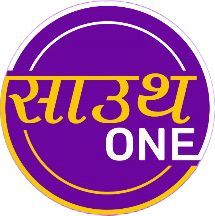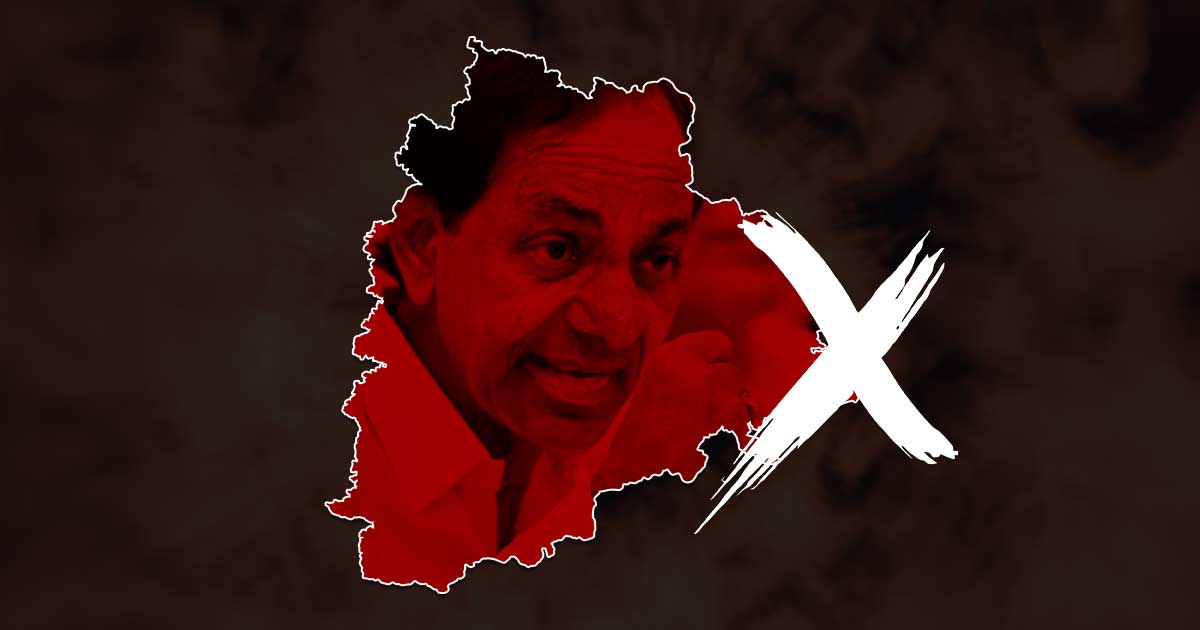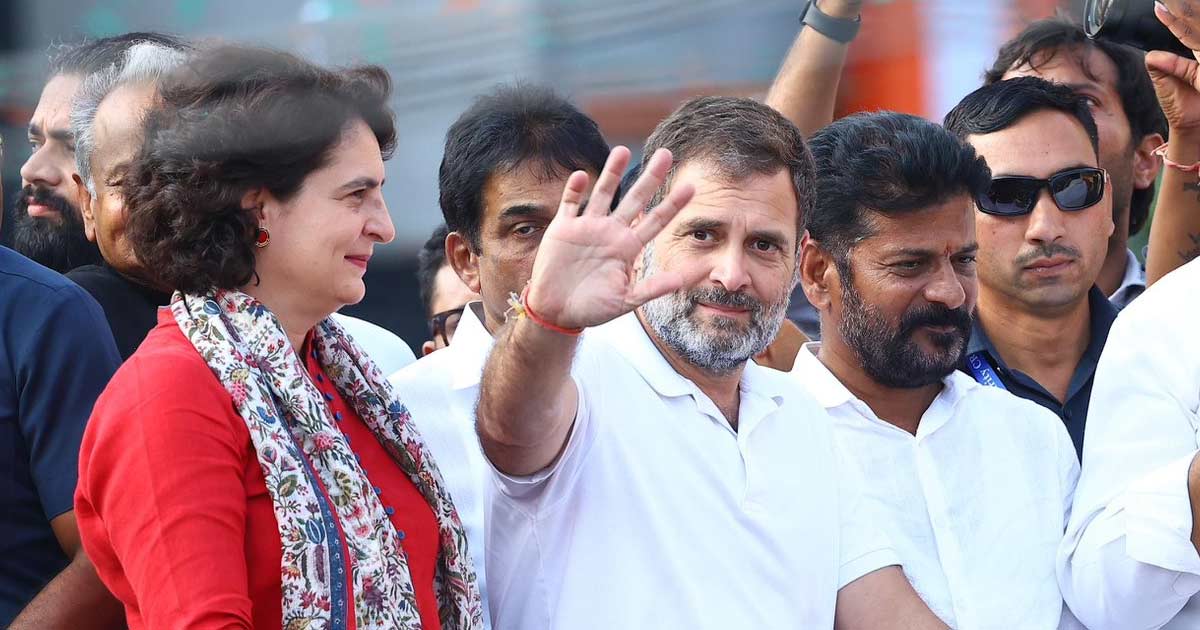The Congress is now in hot soup after the Supreme Court of India upheld the decision of the BJP-led Centre’s August 2019 move to abrogate Article 370.
The Supreme Court (SC) unanimously upheld the Centre’s decision to abrogate provisions of Article 370 that bestowed special status on the erstwhile state of Jammu and Kashmir, and directed restoration of statehood at the earliest as well as elections to the assembly by September 30 next year.
The Congress’ reaction to the judgment has been to immediately restore statehood status to Jammu and Kashmir and to immediately hold the Assembly election in J&K. However, “On the question of restoration of Article 370”, the Congress response has been ambivalent over time vacillating between restoring 370 and remaining silent on the issue, symbolic over the Congress’ dilemma over the question.
Congress’s reaction over the SC verdict:
The Congress said, on Monday that the debate on the abrogation of Special Status for Jammu and Kashmir under Article 370 has ended as the Supreme Court verdict is now the law but the party demanded immediate restoration of statehood and holding of Assembly election.
Senior Congress leaders and lawyers, P Chidambaram and Abhishek Singhvi spelt out the party’s position over the SC verdict at a press conference in Delhi.
“It [the judgment] has also held as ultra vires how Article 367 was invoked to amend part of Article 370. Hence the judgment needs careful study…. Prima facie, we respectfully disagree with the judgment on how Article 370 was abrogated,” Mr. Chidambaram said.
“We reiterate the Congress Working Committee resolution dated August 6, 2019, that Article 370 deserved to be honored until it was amended strictly in accordance with the Constitution,” he added.
Chidambaram also expressed disappointment that the Supreme Court did not decide on the issue of “dismembering the State and reducing its status to two Union Territories”. The Congress leaders also asserted that it would neither seek to restore the earlier provisions under Article 370 nor will it seek a judicial review.
“Today, this debate has ended. You are forgetting one thing. The Congress is not a party in any way in these petitions that it will file any review petition… So, this decision is final and there has never been any such agenda or announcement of ours that we will reconsider it,” Mr. Singhvi asserted.
“Democracy, and not autocracy, is the demand of every citizen of Jammu and Kashmir. Why is the BJP afraid of an elected government,” he asked and urged the government to hold an election immediately.
When asked about the Supreme Court’s observation on the temporary nature of Article 370, Mr. Chidambaram said, “I don’t think there was any debate that the provision was temporary. The debate at that time was whether the temporary provision can be removed except in accordance with the Constitution”.
Also Read: Supreme Court Affirms The Revocation Of Article 370
Congress stand; ‘Then and Now’:
In 2019, the BJP-led Central government abrogated Article 370 and split J&K into the UTs of J&K and Ladakh by passing the Jammu and Kashmir Reorganisation legislation in Parliament in August 2019. The Congress strongly opposed the move in the Parliamentary uproar.
During a meeting held on August 6, 2019, the Congress Working Committee (CWC) criticized the government for the way in which the abrogation was executed.
The CWC argued that Article 370 was the constitutional recognition of the terms of the Instrument of Accession between J&K and India in 1947, saying it deserved to be honored till the time it was amended after consultation with all sections of people and in strict accordance with the Constitution.
In 2019, the Congress even issued a joint statement with PDP at Gupkar Road in Srinagar on defending Article 370.
Even a year later, Congress, again met to uphold the Gupkar declaration, which said the parties would strive for the restoration of Articles 370 and 35. However, the Congress didn’t join the People’s Alliance for Gupkar Declaration (PAGD) but in October 2020, during the District Development Council (DDC) elections together, the Congress also joined the seat-sharing talks.
A year later in November 2020, however, the Congress said it was not part of the PAGD, this decision was followed by Union Home Minister Amit Shah labeling the PAGD as the “Gupkar Gang” and asserting that both the PAGD and the Congress aimed to return Jammu and Kashmir to a period of terror and unrest. Referring to it as an “unholy global gathbandhan,” Shah claimed that the PAGD sought the intervention of foreign forces in Jammu and Kashmir.
Since then, the Congress has remained cautious over its stance on Article 370, even this year, after unfurling the tricolour in Srinagar on January 29 this year as he wrapped up his cross-country Bharat Jodo Yatra, Congress leader Rahul Gandhi was non-committal on the question of restoration of Article 370.
When specifically questioned about the lack of clarity in the CWC resolution regarding whether the Congress would reinstate Article 370 if elected to power, he responded, “My stance on Article 370 and the stance adopted by the Working Committee is unequivocal. I will provide you with the document, and you can review it. That encapsulates our position.”
Even the political resolution discussed upon by the Congress leadership during the All-India Congress Committee (AICC) plenary session in Raipur the subsequent month did not address the issue of restoring Article 370 if the party came into power. The resolution said the Congress would strive to restore complete statehood for Jammu and Kashmir and bring Ladakh under the protection of the Sixth Schedule of the Constitution, although there was no mention of Article 370 in it.
The change in stand is reflective of Congress’s dilemma over the abrogation of Article 370 and the failure to assess clearly the pulse of the nation and the political sentiment of the people.








[…] Also Read: Oscillating Stands, Changing Times; Congress Dilemma Over Article 370 […]